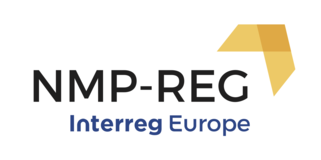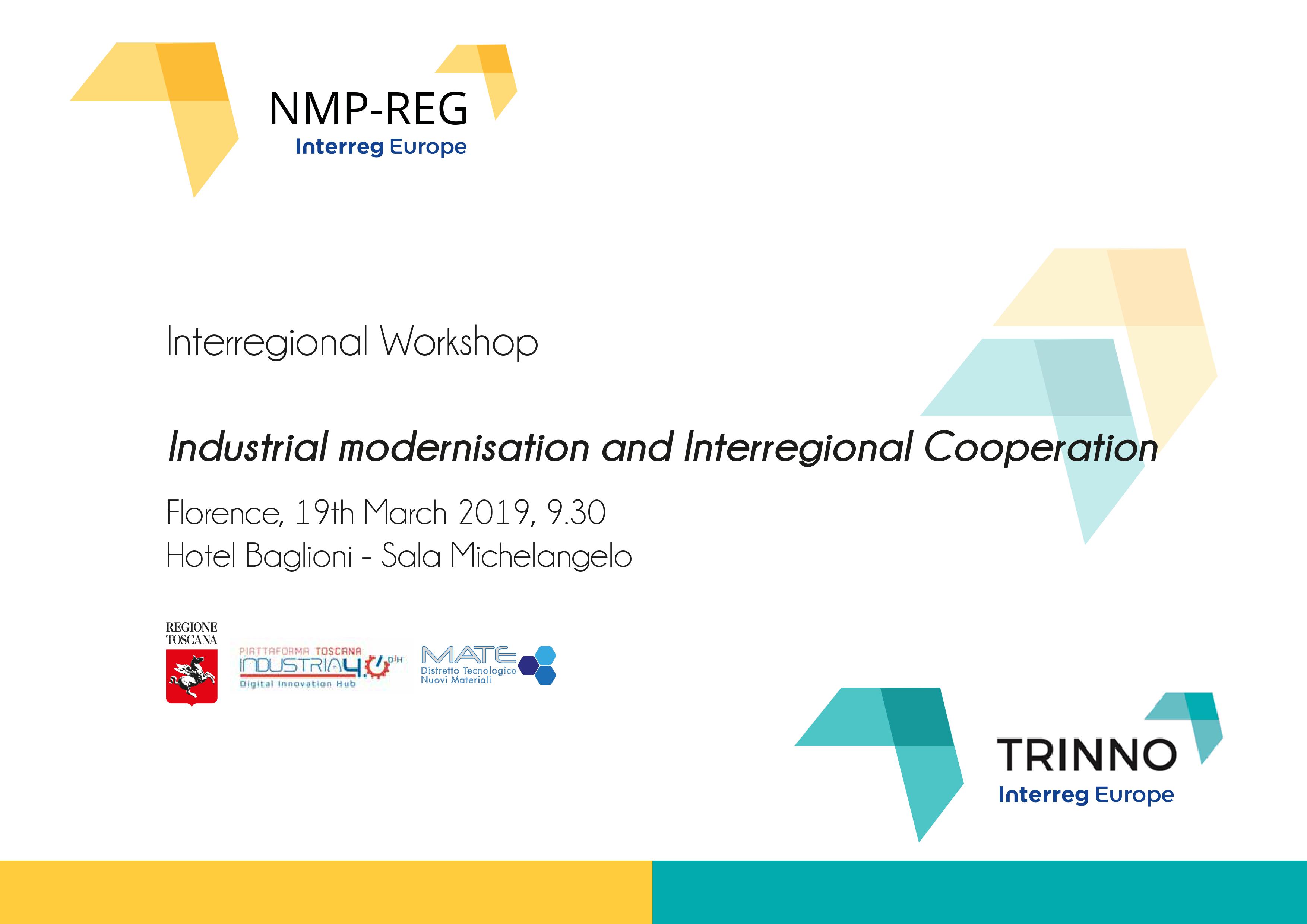The 4th stakeholder workshop in Bucharest-Ilfov focused on the collaboration of the academic environment with the entrepreneurial environment in the field of nanomaterials, nanotechnologies and advanced materials, starting from the good practices identified in the partner regions from Italy, Belgium, Portugal, Germany and Romania.
The workshop debated ways to improve the collaboration between research centers and SMEs, to be included in the regional action plan developed within the NMP-REG project. In this context, the INNOVOUCHER pilot project, funded through Horizon 2020, was also presented, aiming to increase SMEs access to innovation support services at European level.
The stakeholders have highlighted the need to raise awareness of how nanomaterials and nanotechnologies can meet the needs of companies operating in a variety of areas such as security, electronics, medicine, textiles, etc. They also highlighted the need to create a "club" consisting of firms, universities, research institutes and business support organizations to promote mutual dialogue and knowledge in order to develop new collaborative projects.
The stakeholders mentioned the following key directions:
- The need for a better marketing of RDI services provided by research institutes
- It’s necessary that RDI services providers learn the business language and adapt their presentations to clients’ needs.
- RIS3 approach constitutes an appropriate incentive for concentrating funds for RDI in domains with high potential. In this sense, nanomaterials and nanotech could be transversal domains for some national priorities such as health, security etc.
- There is a need for a top-down approach related to the RDI priorities to be fund
- RDI institutes could face some challenges related to performance because companies could align faster to the new trends due to market requests and pressure.
- IPR should be clear discussed and learnt by both institutes and companies.













